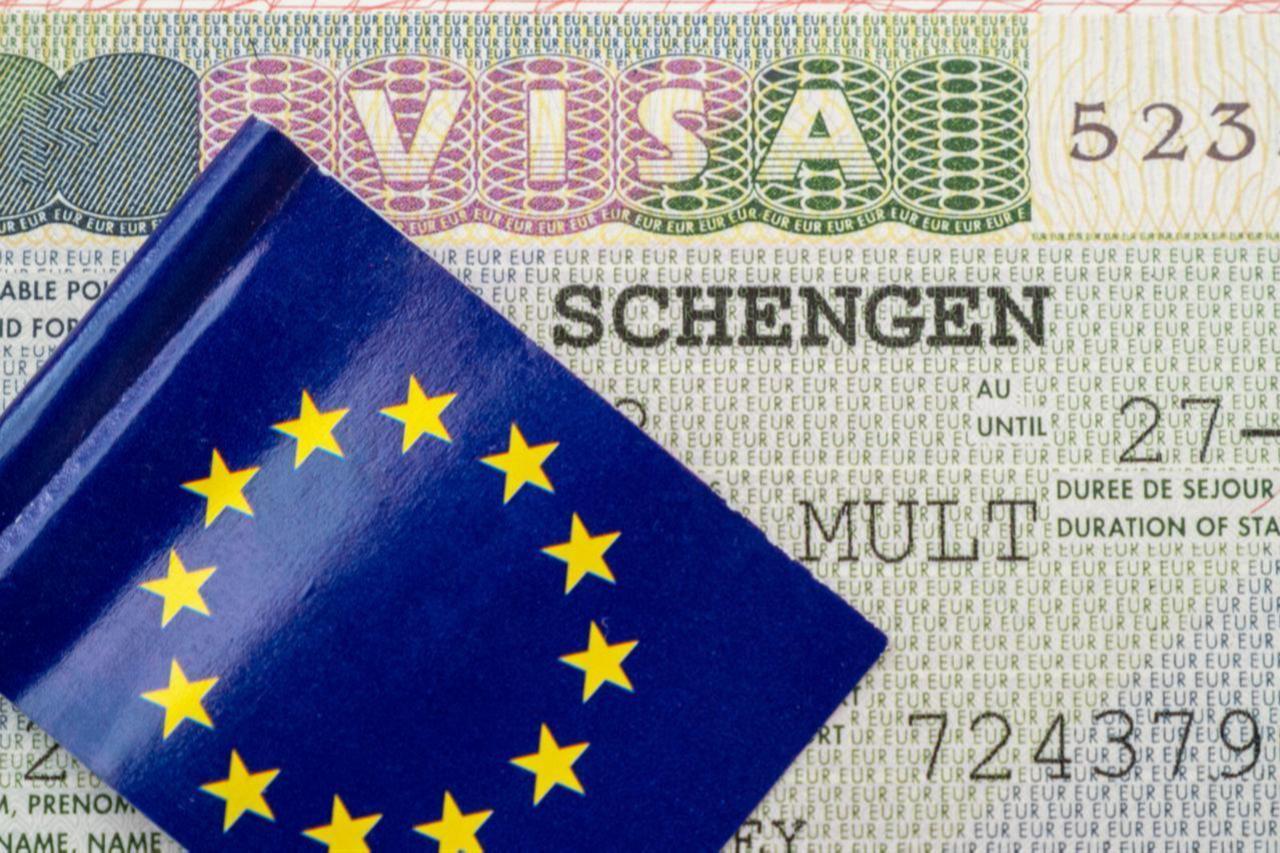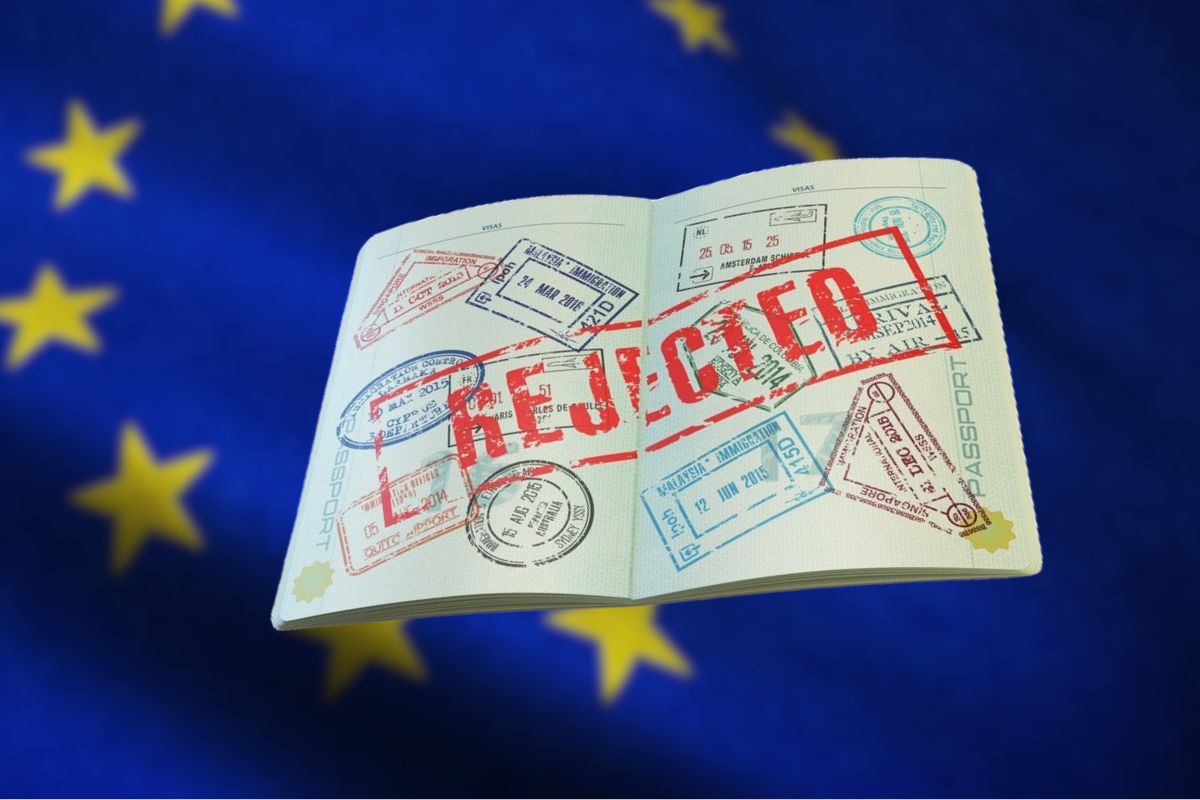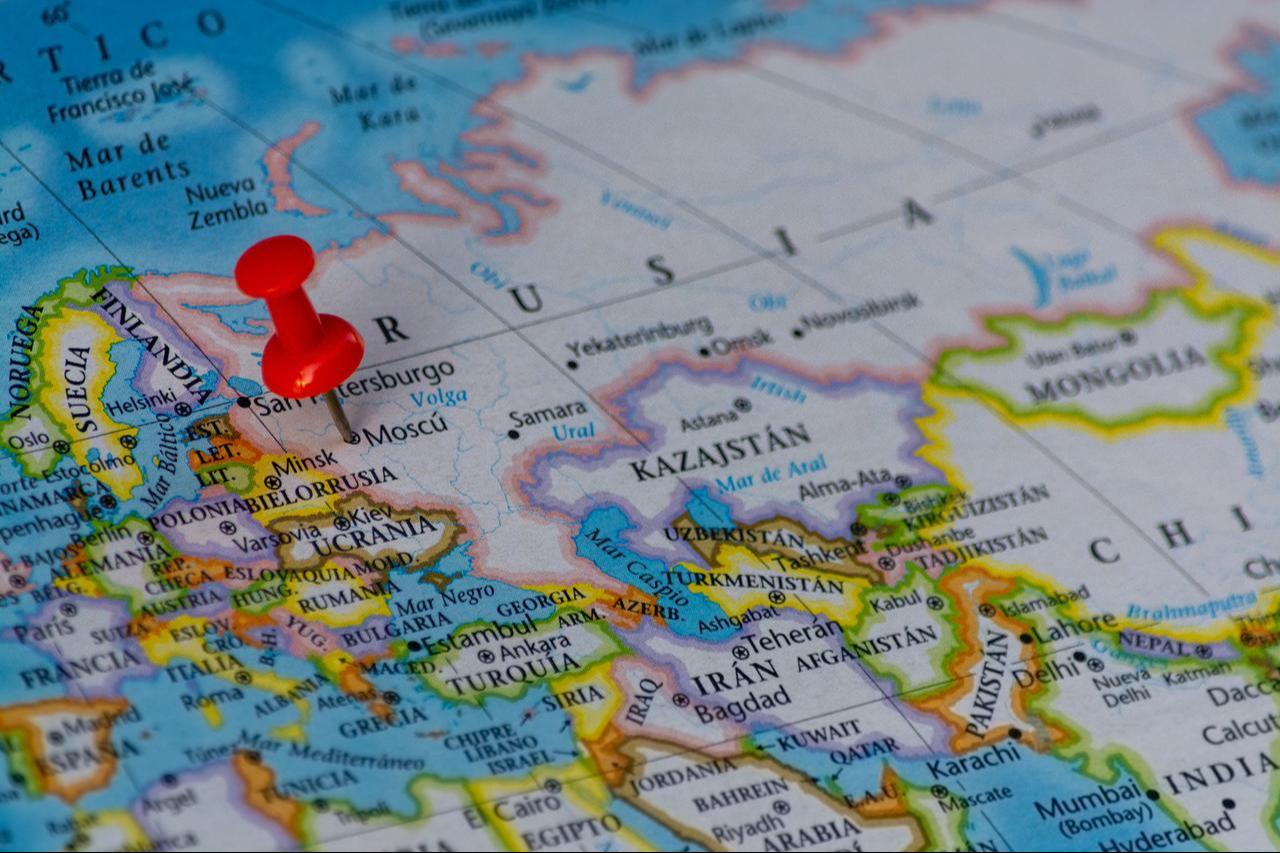
The European Commission said Friday it is reviewing additional steps to tighten visa restrictions for Russian citizens amid ongoing concerns related to Russia’s war in Ukraine.
European Commission spokesperson Markus Lammert confirmed during a press briefing that the EU is assessing “new steps” on the matter. He recalled that the visa facilitation agreement with Russia was suspended in 2022 following Moscow’s invasion of Ukraine.
According to reports cited by Politico, the new measures could limit Russian nationals to “single-entry” Schengen visas instead of multi-entry ones.
The proposed rules are expected to include exceptions for humanitarian reasons and for individuals with family ties to EU citizens.
The commission is expected to announce the new regulation soon. However, Lammert emphasized that visa issuance remains a national competence of member states, and the commission does not have the authority to impose a full ban on Russian travelers.
Lammert said the EU continues to work closely with member states to ensure the effective implementation of existing decisions, noting that visa restrictions have already had an impact.
He stated that while 4 million Russian citizens entered the Schengen Area in 2019, the figure dropped to around 500,000 in 2023.

EU foreign affairs chief Kaja Kallas said on X that “starting a war and expecting to move freely in Europe is hard to justify,” adding that the bloc is tightening visa rules for Russian nationals amid “continued drone disruptions and sabotage on European soil.”
The new restrictions come amid growing fears over Russian hybrid activities across Europe, including airspace incursions and unexplained drone sightings.
The EU said that under the new rules, Russian nationals will be required to apply for a new visa each time they travel to the bloc, allowing for “close and frequent scrutiny” of applications to minimize security risks.
Lammert expressed concern over Hungary’s ongoing practice of issuing “national cards” to Russian citizens, stressing that while these are not visas, the Commission is monitoring the situation closely.
He reiterated that the Commission has no mandate to enforce a blanket visa ban and that such decisions rest with individual member states.
The EU has already tightened restrictions on Russian diplomats and urged member states to “deprioritize” visas for Russian applicants.

Hawkish member states have pushed for further visa limits on ordinary Russians, arguing they should not be able to travel freely while the war in Ukraine continues.
However, some opposition voices within Russia, including Yulia Navalnaya, have cautioned that such measures could backfire.
In a letter to Kallas, Navalnaya warned that isolating ordinary Russians from Europe could reinforce the Kremlin’s narrative that the EU is hostile to all Russians, urging the bloc instead to focus sanctions on individuals close to President Vladimir Putin.
The European Commission is expected to finalize its assessment of the new visa restrictions in coordination with member states.